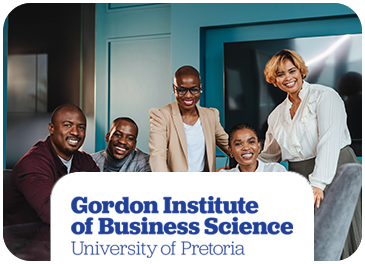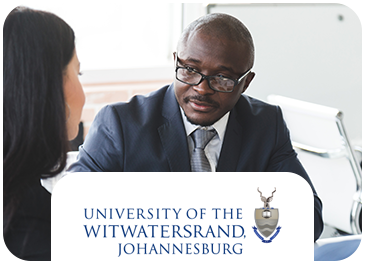

Is your decision-making up to scratch?
Sound decisions are critical for business success in today’s increasingly dynamic, fast-paced world. Decision-making impacts everything from managing risk to achieving strategic objectives, and the ability to think both strategically and creatively is expected of all proactive management. Personal insight into your biases and an understanding of decision-making models is thus crucial for honing decision-making expertise.
What will you do better after the course
Understand the various methods for improving your decision-making skills and follow a process to introduce more creativity into your life. You’ll be able to approach problem-solving from both strategic and out-of-the-box perspectives. Mitigation of decision bias will become second nature, and you will learn when to trust your intuition in solving a problem.
What will you learn?
Who would benefit?
Duration: Between 8 and 10 hours at your own pace. You will have access to the platform for 2 months.
Certification: On completion you will receive:
A Certificate of Attendance
A Digital Credential to use on your LinkedIn profile
Language: English
Learn more about our Credly qualification badges here
Paul Motibane
Tel: +27 87 023 0888
Cell: +27 71 326 5470
Share it with a colleague, friend and/or family!

Next intake date to be confirmed.
Duration: 2 Months

Next intake date to be confirmed.


R16,660.00 (excl. VAT)
Next intake date to be confirmed.
Duration: 10 Weeks

R16,600.00 (excl. VAT)
08 Sep, 2025
Duration: 10 Weeks

Professor Charlene Lew holds the title of Doctor Litt. et Phil. Psychology and is an expert in behavioural decision-making. She teaches on the MBA programme and in corporate education on subjects such as decision-making, strategic leadership and decision-making, behavioural science for business impact and related subjects such as metacognition, leading change and creative and strategic thinking.
Professor Lew is an experienced doctoral and masters research supervisor, focusing her students’ research on behavioural decision-making and the intersection where strategic leadership decision-making and organisational outcomes meet.